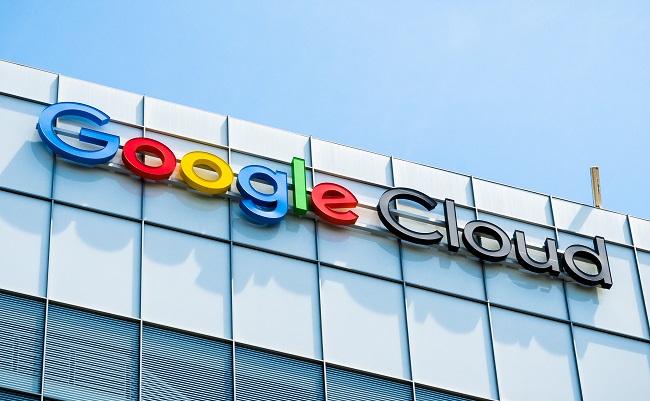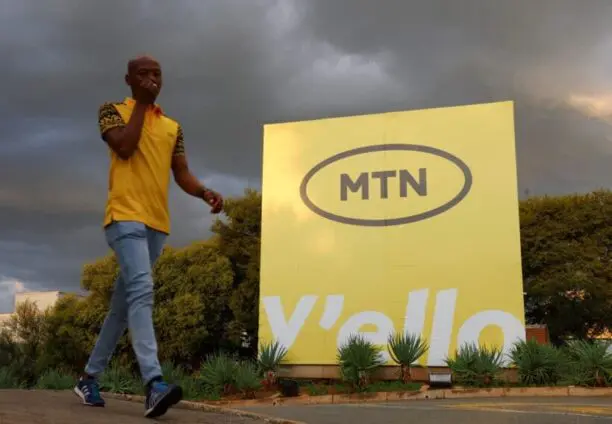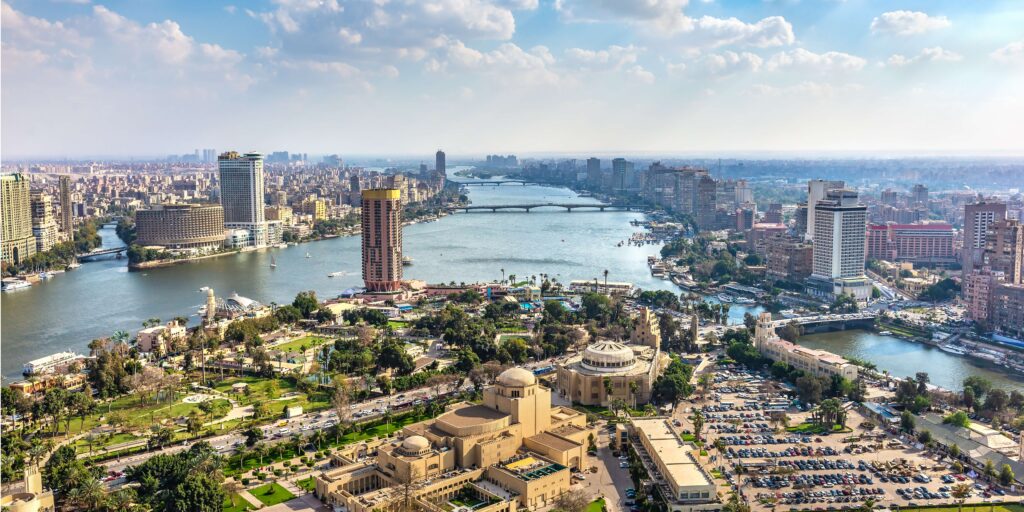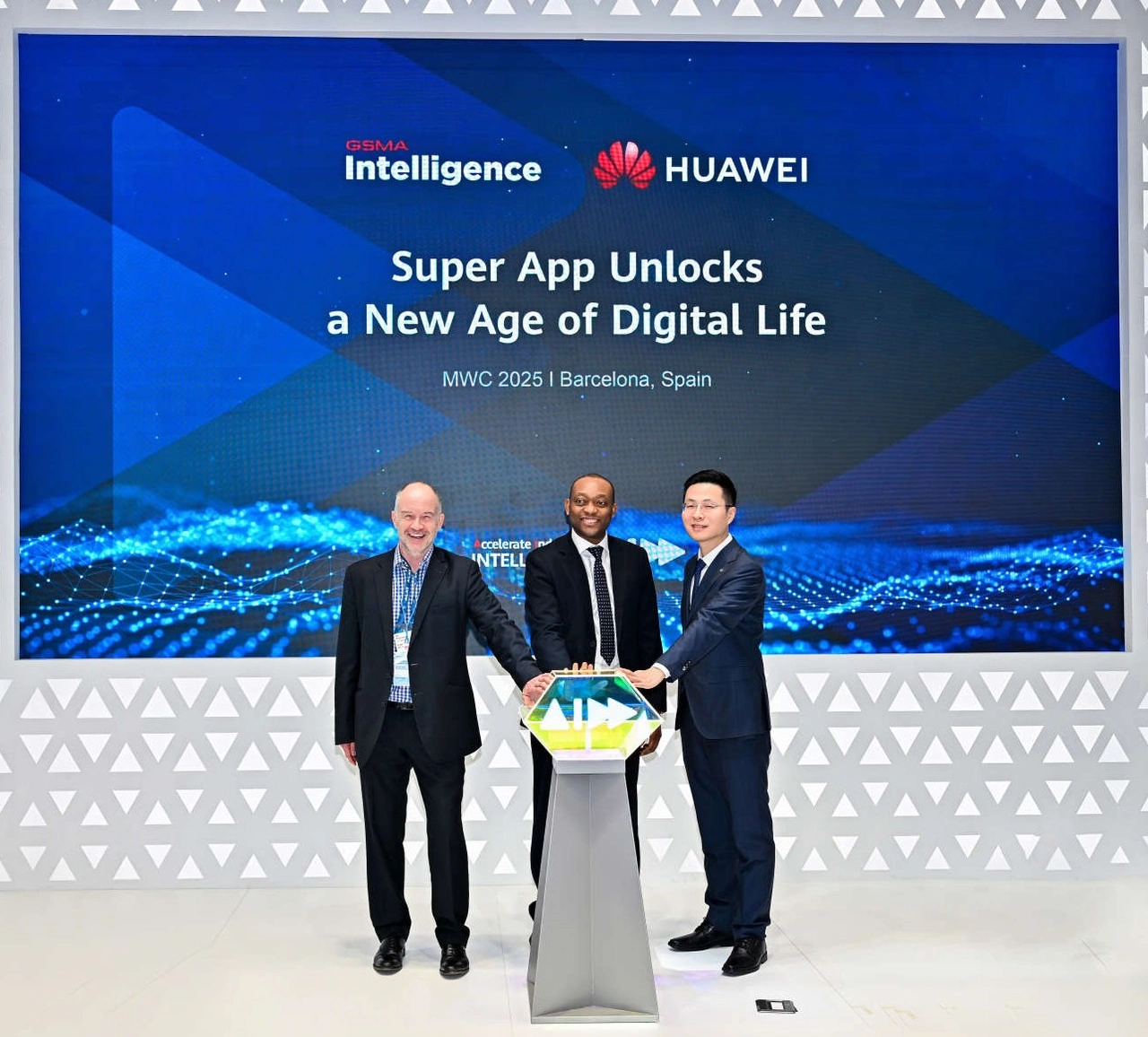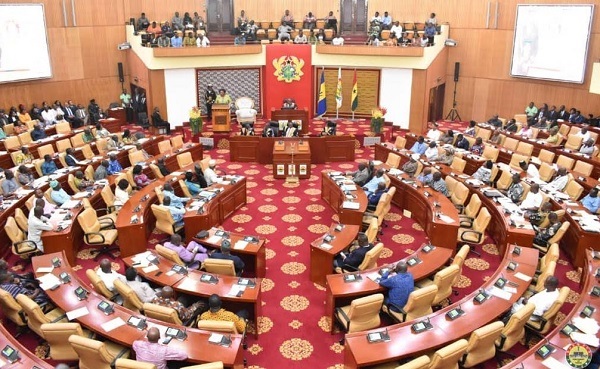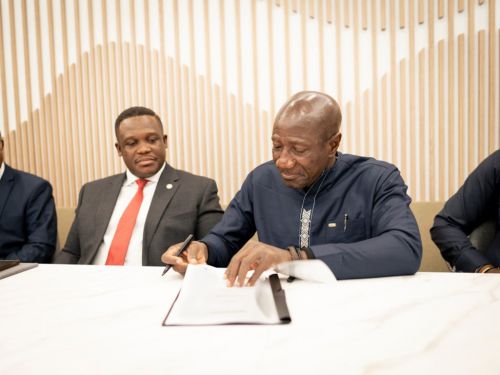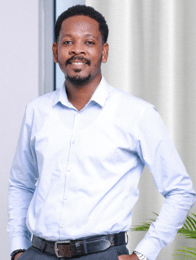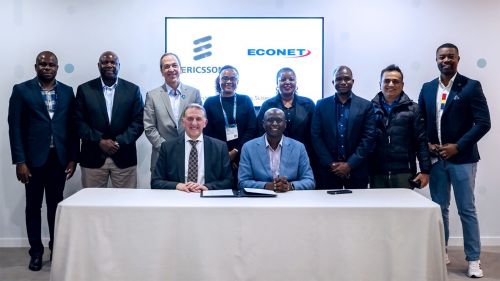Over the past eight years, IIPGH, under the able leadership of Mr. David Gowu, has spearheaded advancements in promoting ICT education and fostering professional development across Ghana.
Our mission has been to empower individuals and businesses for success in the digital economy, and I take great pride in highlighting our substantial achievements in this domain
Under our commitment to advancing digital literacy and professional development, IIPGH has successfully implemented impactful awareness and capacity-building programs. Our Cyber Security Awareness Initiative, in collaboration with key stakeholders, has empowered countless individuals with the knowledge and skills needed to navigate the digital landscape securely.
The IIPGH Internship Program has bridged the gap between academic learning and industry practice, providing young professionals with invaluable hands-on experience. Furthermore, our Persons with Disability Initiative underscores our dedication to inclusivity, ensuring that individuals, regardless of physical ability, can fully access and benefit from opportunities in the ICT sector.
These and many other initiatives have collectively addressed the digital skills gap in our country, and we are committed to continuing this important work at the Institute. However, our success would not have been possible without the firm support and dedication of our vibrant community of over 2,500 members, and our partners.
It is your passion, expertise, and commitment to excellence that have propelled our achievements forward. Our commitment to inclusivity is demonstrated through our ICT Inclusivity for Persons with Disabilities (PWDs) initiative. We initiated coding lessons for autistic children, physically challenged children, and groups of hearing-impaired students. These students, who previously had limited access to technology, have now developed essential digital skills and great interest in becoming proficient in ICT and its related derivatives in society. This initiative has inspired us to expand our reach and plan visits to larger schools and communities for PWDs.
Another success story is our Women in ICT program, which aims to bridge the gender gap in the sector. Through this program, we have provided training and mentorship to females, equipping them with the skills and confidence to pursue careers in ICT and related fields.
As we look to the future, I am excited about the possibilities that lie ahead. Some key goals we aim to achieve include expanding our reach. We plan to introduce new programs and initiatives that will extend our impact to more regions across Ghana. By doing so, we aim to ensure that ICT education and professional development opportunities are accessible to many, regardless of their location.
We will continue to build and strengthen partnerships with local and international stakeholders. Collaborating with industry leaders, educational institutions, and government agencies will enable us to leverage resources and expertise to drive innovation and growth.
We are committed to providing continuous professional development opportunities for our members through our workshops, seminars, and training sessions that cover a wide range of topics in emerging technologies, from basic digital literacy to advanced technical skills.
Promoting digital inclusion is another focal area at the Institute. We will continue to champion initiatives that promote digital inclusion, particularly for underserved communities and individuals with disabilities.
In today’s fast-paced world, ICT is crucial for economic growth, innovation, and societal development. As technology becomes integral to all aspects of life, it is essential for the nation to prioritize and invest in the ICT sector, which includes telecommunications, internet services, electronic payments, software development, and training institutions.
In alignment with the government’s digital transformation agenda, the Institute of ICT Professionals Ghana (IIPGH) is reinforcing its partnerships with key agencies to advance the nation’s ICT ecosystem. Having collaborated with the Cyber Security Authority (CSA) since its inception in shaping the Cybersecurity Act 2020 (Act 1038)—the Institute remains actively engaged in CSA’s Industry Forum and Independent Assessors, with its members contributing to critical policy discussions.
IIPGH is deepening collaboration with the Ministry of Communication, Digital Technology and Innovations and its agencies, including NITA, NCA, and GIFEC, to drive digital capacity-building initiatives. Furthermore, the Institute plans to extend its partnerships to the Ghana Investment Promotion Center (GIPC) to attract investments, expand resources, and enhance competitiveness for its members and the broader ICT industry.
We will strengthen our partnership with the Ghana Education Service to expand our practical training programs in public schools and communities. These collaborations are essential in addressing key challenges in the sector, including inadequate infrastructure, the shortage of trained personnel, limited access to digital devices, and the need for sustainable job creation.
As we reflect on our achievements and chart the path forward, I extend a call to action to our members, stakeholders, and the government. To our members, I urge you to remain actively engaged with IIPGH, participate in our programs, and share your expertise—your contributions are vital to our collective progress. To our stakeholders, let us deepen our collaborations, leveraging our combined resources and expertise to drive innovation and growth in the ICT sector.
To the government, we seek your continued support in advancing policies and initiatives that promote ICT practice and regulation, digital infrastructure development, ICT education, and digital inclusion.
Your commitment is critical in fostering an environment that drives economic growth, enhances education, and creates sustainable jobs. By working closely with local tech companies and professionals, we can build a thriving digital ecosystem that benefits all Ghanaians and secures our place in the global digital economy.
IIPGH is open for collaborations to leverage collective strengths, drive impactful initiatives, influence policies, and contribute to the sustainable development of Ghana’s ICT sector. On this note, I would like to express my profound gratitude to our members, partners, and supporters for your steadfast commitment to IIPGH. Together, we have achieved great things, and together, we will continue to make a lasting impact on our society.
The writer is the new Executive Director of the Institute of ICT Professionals Ghana (IIPGH). This is his acceptance speech at the 8th anniversary of the Institute and the unveiling of the new ED. For comments, contact richard.amanfu@iipgh.org / +233244357006
Source: Kafui AMANFU (bftonline.com)


